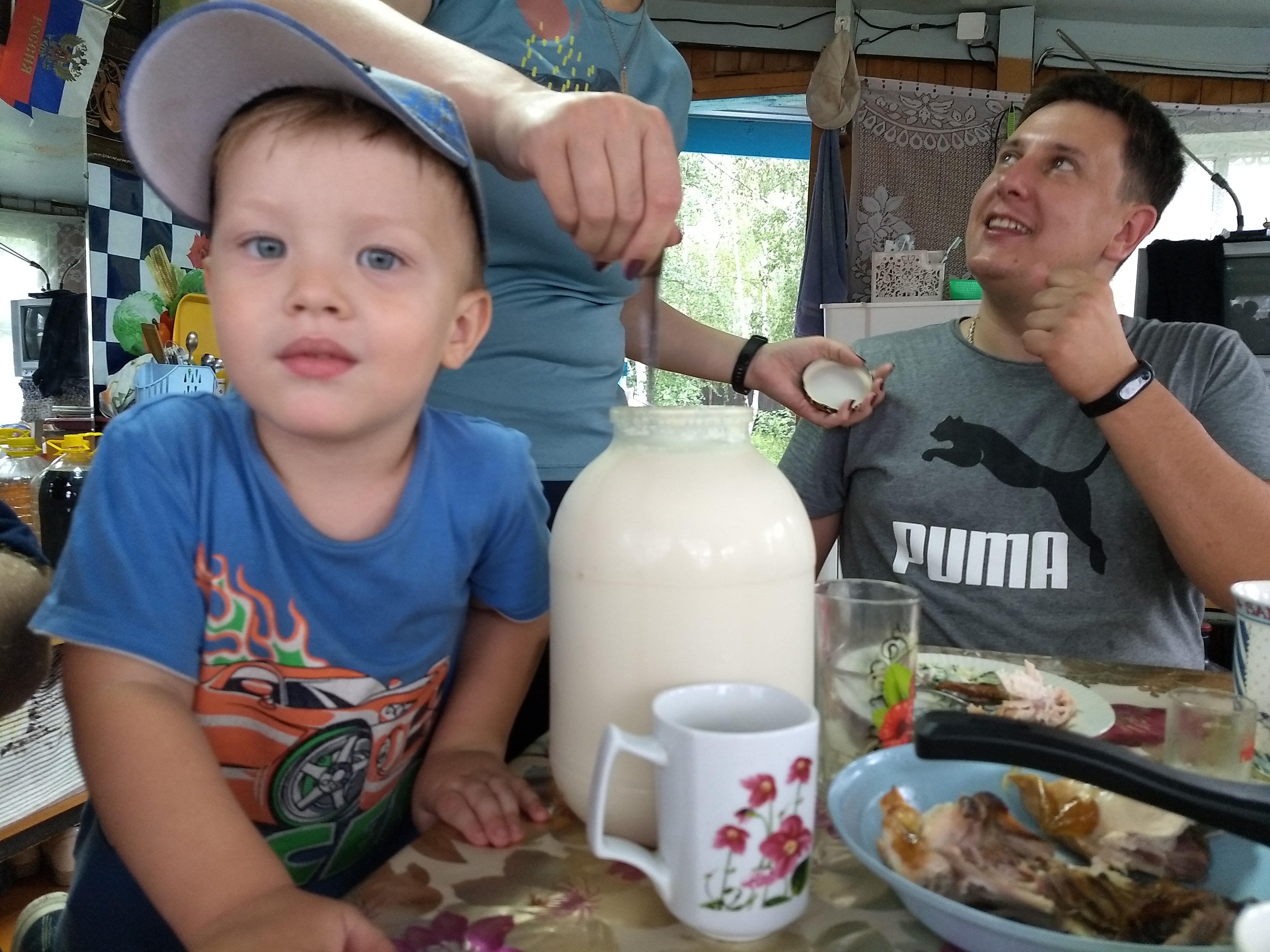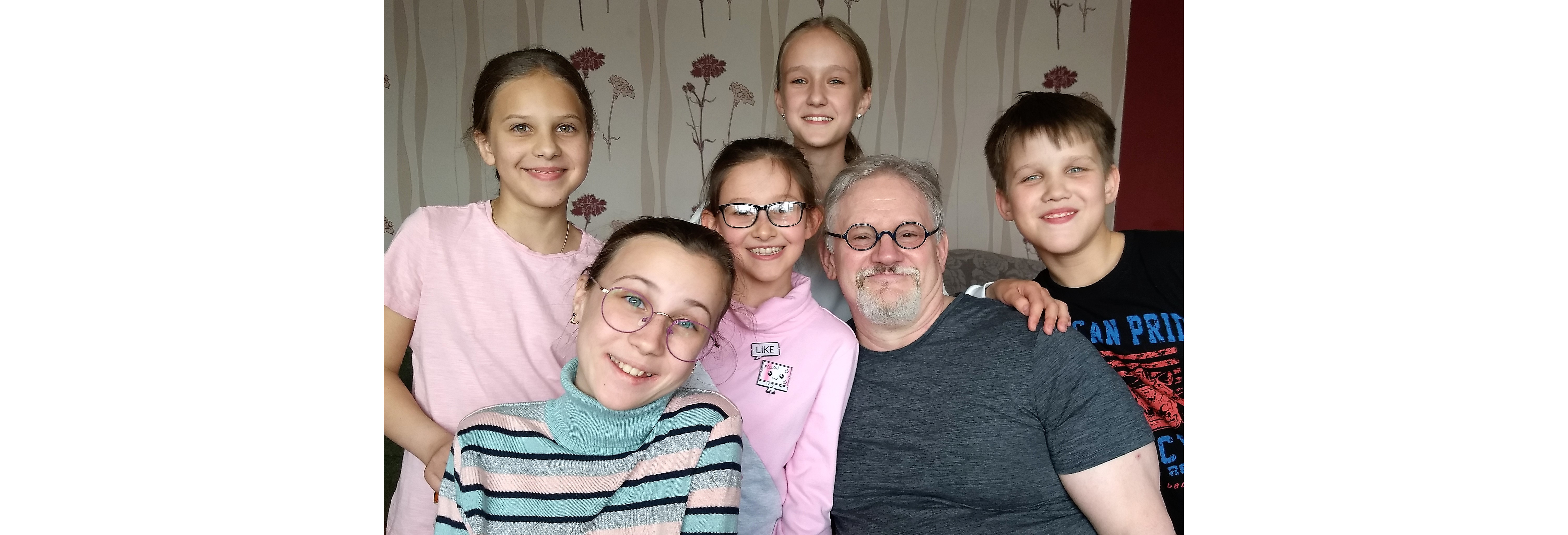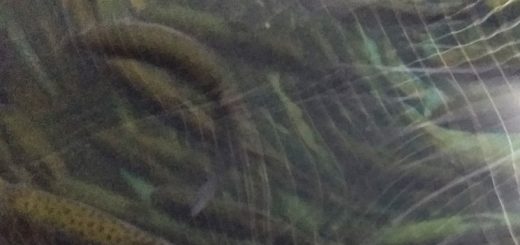A month in Chita, Nov-Dec 2021, post #2
Visiting the graves of Olga Fleshler, Tanya Sukhanova and Oleg Gotlib
November 26. Victor took me to visit Olga Fleshler’s grave this morning. She died in November last year.
The video is of our walk to the gravesite. This is the city cemetery. It is located up the hill above the city just beyond the ring road that surrounds two sides of the city. It’s in the forest. My first experience many years ago was that it was spooky, but now it just seems very quiet and benign. The beautiful pink light of this northern place nearing solstice supports that peacefulness. Almost all the gravestones have photographic images of the deceased on them. The older stones had small enameled metal photos, many of which have been replaced with new, typically black, stones with very detailed and large laser-etched images.
I won’t add anything about Olga because you can read about her at the webpage, except to say I miss her.
After visiting Olga, we tried the directions I had made two years ago for finding Tanya Sukhanova’s gravesite, and the directions were accurate. I’m sorry to say I tossed the little video of finding Tanya’s grave.
Tanya died in October of 2018 of a brain tumor and stroke. She is buried with her father, mother and older sister, Ludmila, who died only a year after Tanya passed away. There is also a grave we think is for her sister’s mother-in-law.
Tanya was my first interpreter in 1989 and a one of my closest friends from 1992 on when I came to teach in her department at the Pedagogical Institute. I miss her strong moral core, her love of teaching, her quiet passion. I miss our friendly battling that never became rancorous.
November 27. Victor drove me to see Oleg Gotlib’s grave in another cemetery. Oleg died in 2016 of a longterm illness.
I was glad to visit his grave again after a few years. I kept remembering how central he was to the formation of the mission of Siberian Bridges. In 1995 Chita’s Technical Institute (engineering, sciences, etc.) was transforming into a university by adding humanities faculty and courses. Oleg was one of the professors helping make this change. One afternoon he casually asked me if Siberian Bridges could help the new university make a sister relationship with an American university. I had no experience with this, but I certainly could go home and ask around.
His question caused a light bulb moment for me. I suddenly realized his was exactly this kind of request for assistance I wanted Siberian Bridges to work with. Instead of the more familiar non-profit motivation of having one thing that “they over there” needed from us, I’d rather we helped on things “they” want help on, helping them do what they want over what we want for them. This mission has improved over the years and now is the intention of mutual assistance and attention with the point being to better understand and respect each other. Oleg was the beginning of it. And he also, the following year, was the first Russian to come to the US under our auspices. I remember he worked incessantly and we had to pull him away from it to get him to relax and do some tourism.



